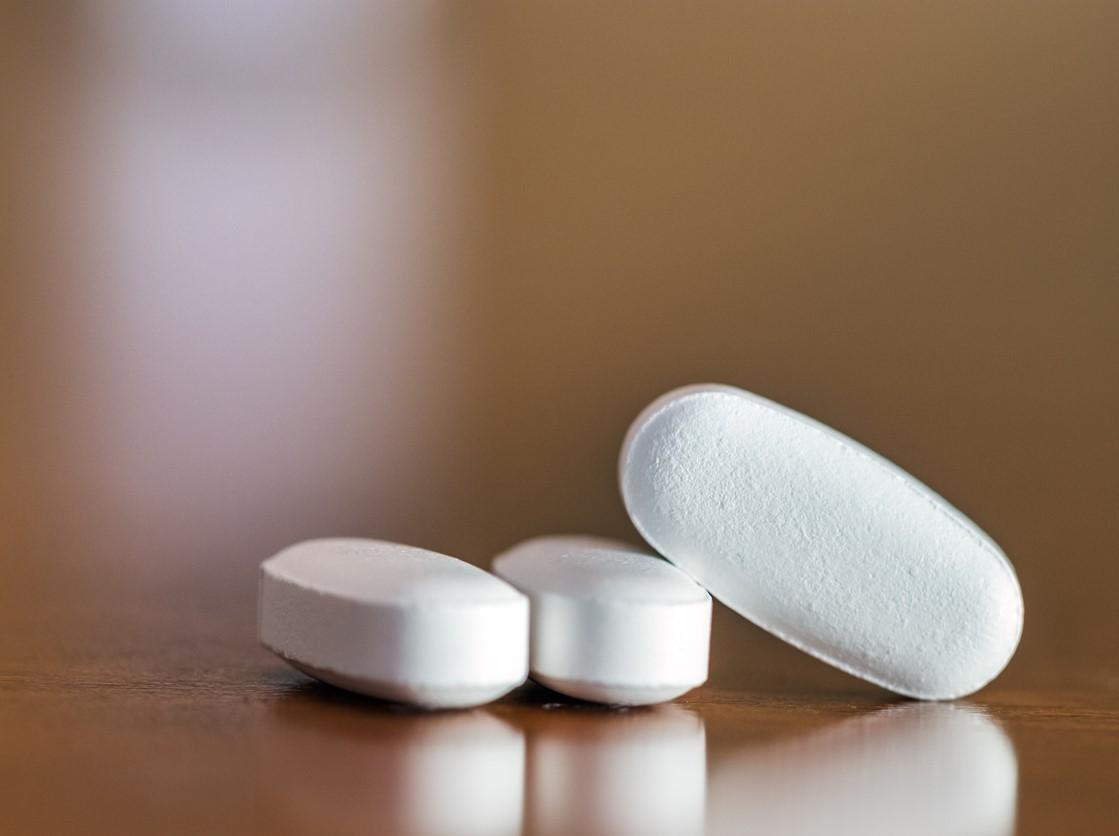The antiviral drug nirmatrelvir-ritonavir (Paxlovid) was linked to a lower risk of hospitalization within 30 days and major adverse cardiovascular events (MACEs) and death at 1 year in adults with COVID-19 and chronic kidney disease (CKD) or kidney failure, finds a study this week in Open Forum Infectious Diseases.
Because patients with CKD and kidney failure were excluded from Paxlovid randomized clinical trials, researchers from Massachusetts General Hospital used propensity scores to match 1,095 patients with these conditions taking Paxlovid for COVID-19 from March to November 2022 with 584 COVID-19 patients with kidney disease from July 2021 to March 2022 (before the drug was available). Paxlovid is prescribed for adults with mild to moderate COVID-19 at risk for severe disease.
The average patient age was 75 years, 54% were women, 44% had diabetes, 86% had high blood pressure, and 50% had coronary artery disease.
"Patients with kidney disease are at high risk for adverse outcomes after COVID-19 despite vaccination," the study authors noted. "In addition to the acute symptoms associated with COVID-19, survivors can experience long-term effects known as 'long COVID' and are at higher risk of developing cardiovascular and kidney adverse events such as myocardial infarction, thromboembolic disease, and CKD progression."
Fewer heart issues earlier in kidney disease
In total, 94% of patients had pre-dialysis CKD, and 6% had kidney failure. Nearly all (92%) had been vaccinated against COVID-19, and 2% previously had COVID-19.
Patients given Paxlovid were significantly less likely than comparators to be hospitalized within 30 days of diagnosis (3% vs 8%; adjusted subdistribution hazard ratio [sHR], 0.44) and less likely to die (0% vs 3%).
At 1 year, patients taking Paxlovid were at lower risk for hospitalization for MACE (8% vs 17%; adjusted sHR, 0.49) and death (adjusted hazard ratio [aHR], 0.37). A subgroup analysis found reduced rates of MACE in the pre-dialysis CKD group but not in those with kidney failure.
A subgroup analysis showed a significant reduction in the risk of death in patients with both pre-dialysis CKD and kidney failure. Use of the drug was not linked to a decreased risk of CKD progression (adjusted sHR, 0.85) or attenuation of estimated glomerular filtration rate decline by 1 year.
Vaccination rates low in kidney patients
"Prior to widespread COVID-19 vaccination, rates of death amongst patients with kidney failure and COVID-19 were extremely high, ranging from 20–50% of hospitalized patients," the researchers wrote. "Rates of death have improved with the introduction of COVID-19 vaccines, but they remain high in patients with advanced kidney disease."
These results support its use in patients with CKD and kidney failure whose post-vaccination risks of adverse events and death remain high, in order to decrease short- and long-term adverse health outcomes of COVID-19.
They cited the Centers for Disease Control and Prevention (CDC) statistic that under 7% of dialysis patients are current with COVID-19 vaccines, underscoring the need for antiviral treatments to lower the risk of hospitalization and death in patients with CKD and kidney failure.
"As the role for nirmatrelvir-ritonavir in low-risk, vaccinated patients is clarified, these results support its use in patients with CKD and kidney failure whose post-vaccination risks of adverse events and death remain high, in order to decrease short- and long-term adverse health outcomes of COVID-19."



















